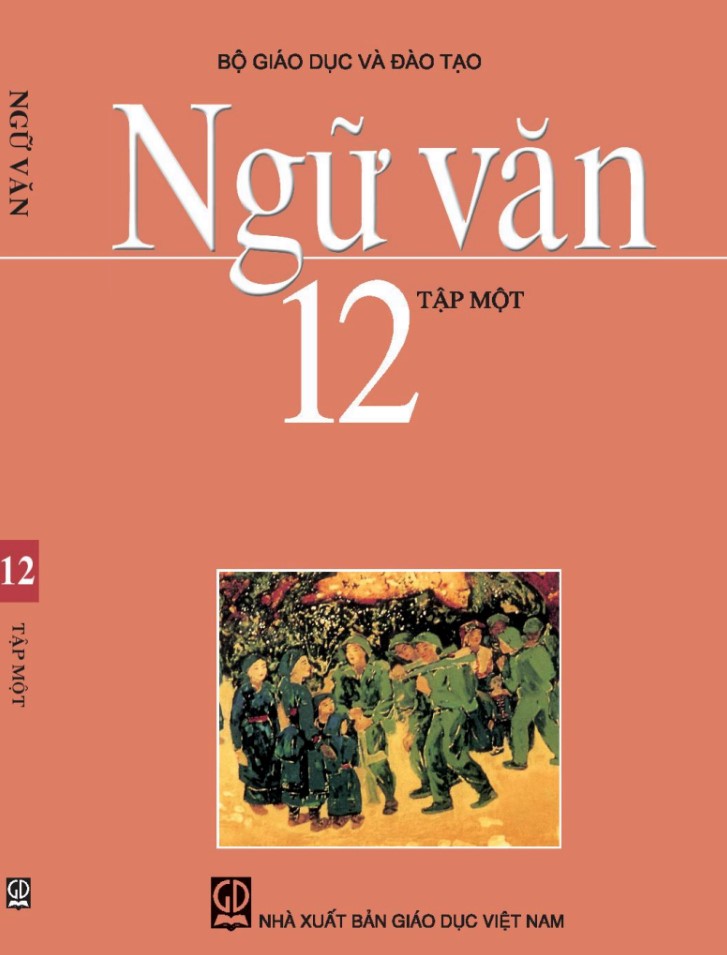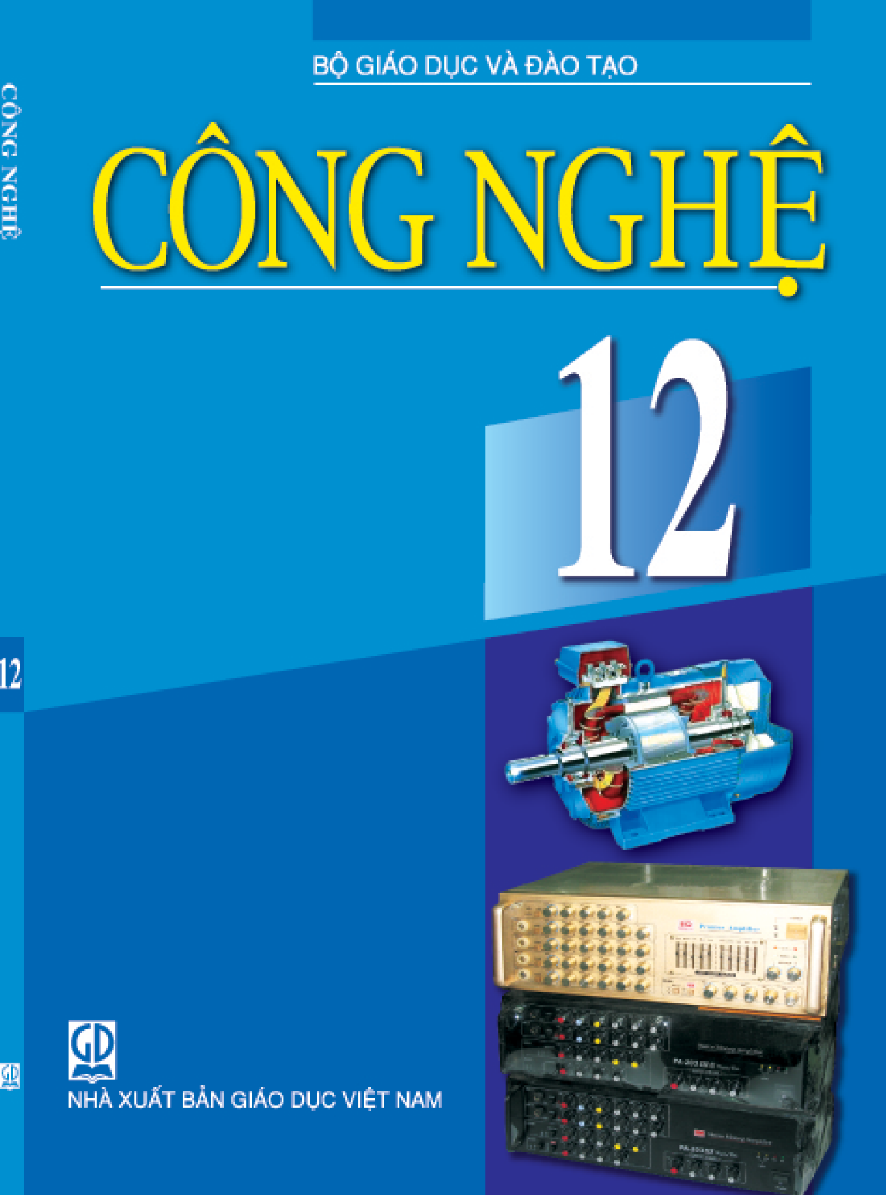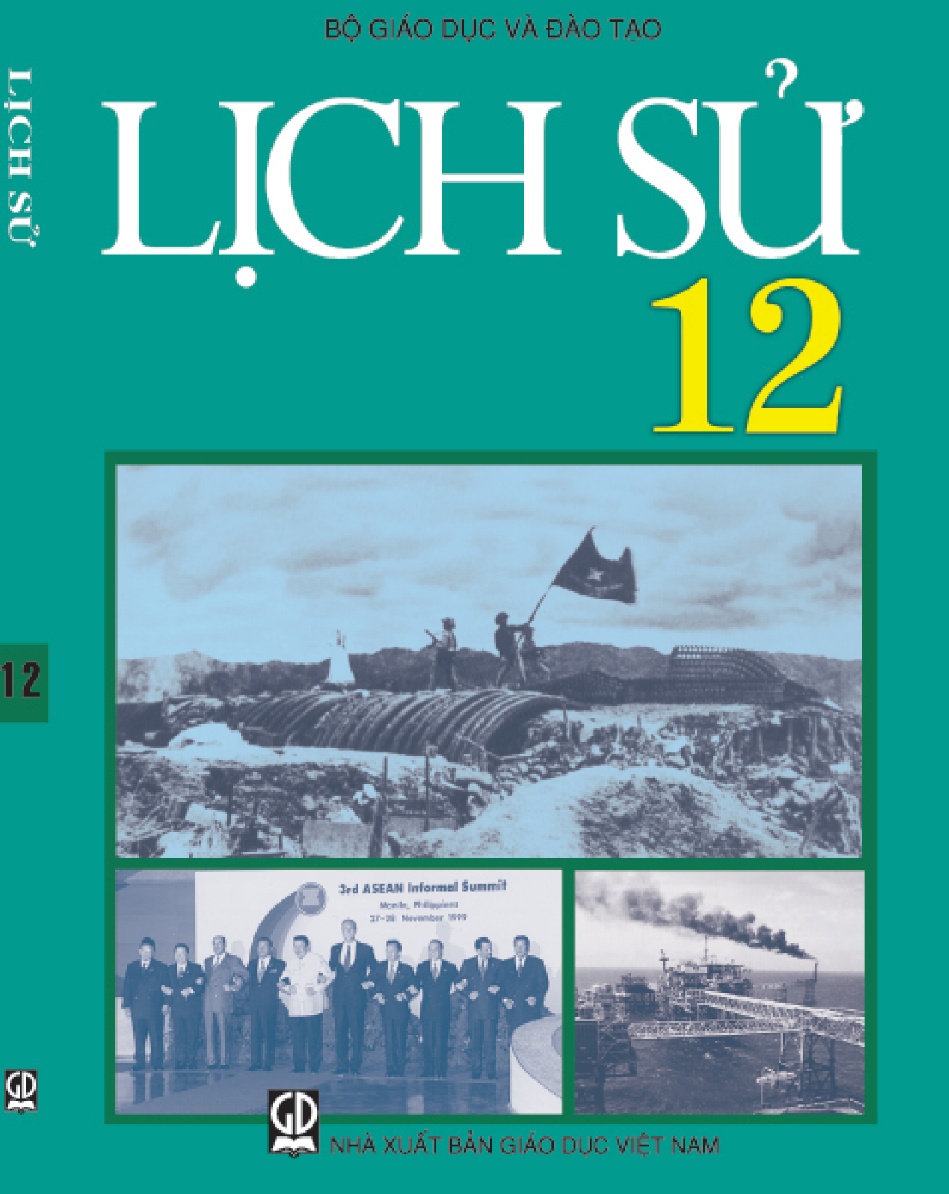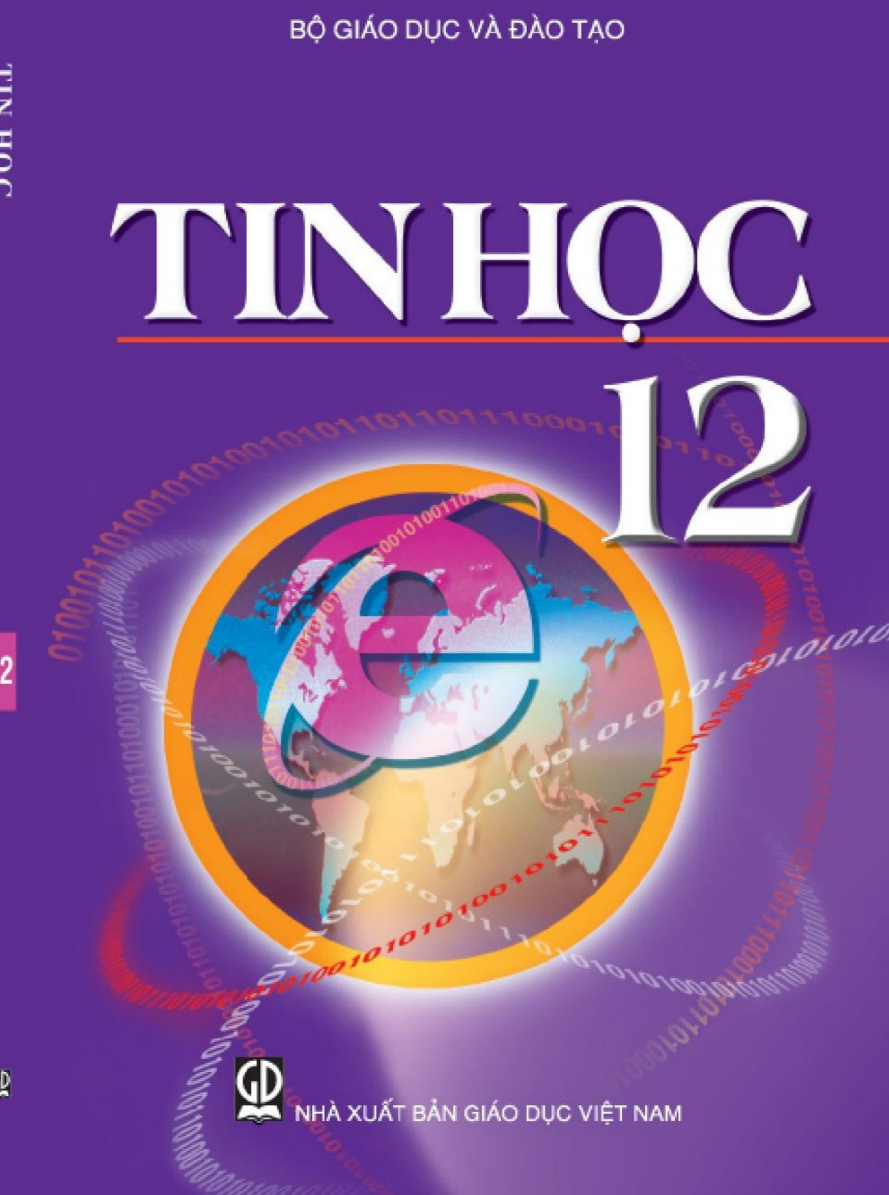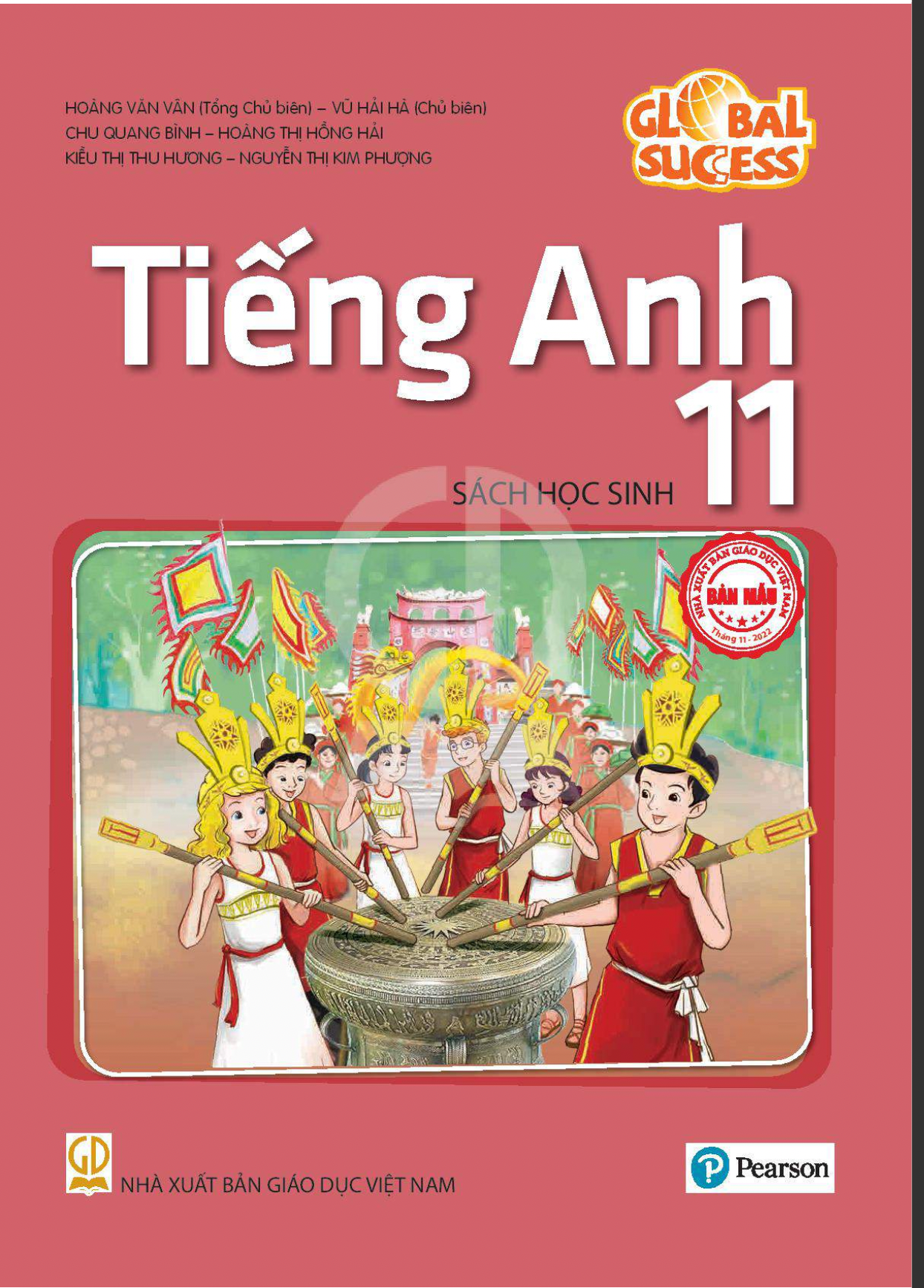(Page 120)
III. READING
Future career choices
1. Work in pairs. Discuss the following questions.
1. What are your career plans?
2. What do you need to do to prepare your future career?

2. Read the article. Circle the words or phrases with the closest meaning to the highlighted words or phrase. 
Career experts' advice
Our Teen Talk magazine has recently received a lot of questions from secondary school students asking about things they should consider when choosing their careers. We've talked to our career experts, and here is their advice.
A. _____
First, learn about yourself and discover your personality type, beliefs, soft skills, and interests. For example, if you are passionate about working with people and helping them develop, you may consider becoming a social worker or a teacher. If you are interested in learning languages, history, art, and architecture, you might look at jobs in the tourist industry. Spend time thinking about what you want to do, and list what you are good at. This can help you come up with a career path that matches your personality.
B. _____
Next, you should take into account any career qualifications you may need. Many jobs require formal education at a university or college. In order to work as a doctor, for example, you will need to study at medical school for some years of general medical training, followed by several years of specialty training. But there are also jobs that don't require any formal qualifications. You can be hired as a server or a barista in a coffee shop, for instance, and you will be given on-the-job training.
C. _____
You should also consider your chances of being hired. Some fields of work may offer very few positions. With technology developing at a fast pace, some jobs such as cashiers and travel agents may become automated or obsolete. However, other jobs are on the rise. Doctors, nurses, and pharmacists, for instance, are in great demand because of ageing populations and increased life expectancy. That is why before you make a decision, you should carefully examine the opportunities that a career path may provide.
1. passionate
A. having strong feelings of enthusiasm for something
B. showing happiness and excitement about something
2. take into account
A. describe B. consider
3. specialty
A. the subject of study that someone knows a lot about
B. the typical food that a restaurant is famous for
4. barista
A. an owner of a coffee shop
B. a person who serves in a coffee shop
5. obsolete
A. updated
B. out of date
(Page 121)
3. Read the article again. Match each section (A-C) with a heading (1-4). There is ONE extra heading.
1. Think about employment opportunities
2. Ask the career experts for advice
3. Follow your passion and interests
4. Understand education requirements
4. Read the article again and choose the correct answer A, B, or C.
1. How is the article organised?
A. Using a 'cause and effect' text structure.
B. Discussing similarities and differences.
C. Sorting information into themes and categories.
2. Why does the writer mention 'a social worker or a teacher' in Section A?
A. To illustrate jobs related to working with and helping people.
B. To prove that it will be easy to get these jobs in the future.
C. To show that more and more people want to work as social workers and teachers.
3. Why does the writer include the server and barista jobs in Section B?
A. To compare these jobs with the jobs that need formal training.
B. To give an example of jobs that don't require formal training.
C. To give additional examples of jobs that need formal training.
4. The author uses 'However' in Section C in order to
A. explain why the jobs will become obsolete
B. show the consequences of increased life expectancy
C. introduce jobs that are in demand
5. Work in pairs. Discuss the following questions.
What kind of job do you prefer: a job that requires formal education or a job that does not? Why?
